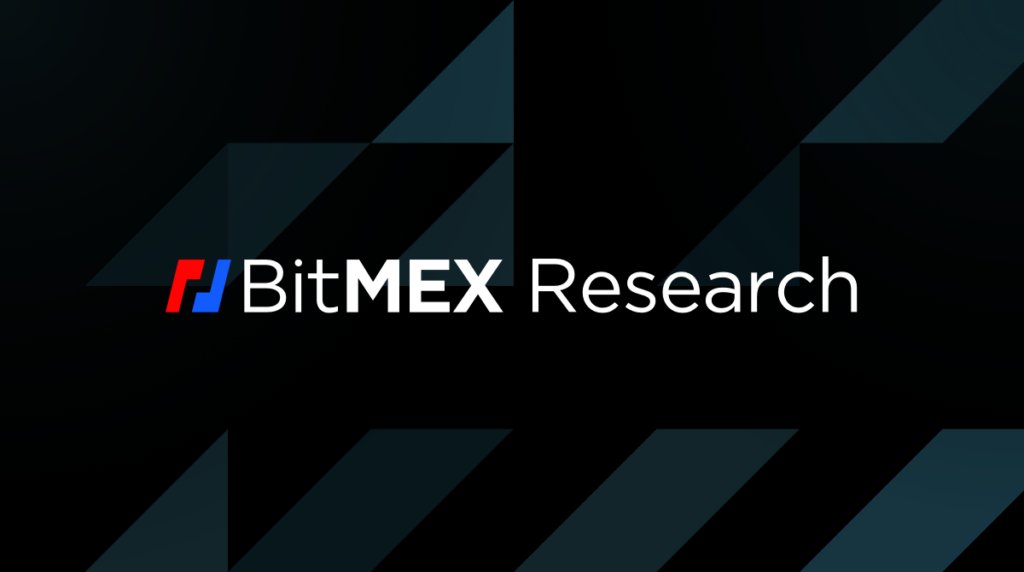Twitter announced to enter the newsletter segment by acquiring the newsletter platform Revue for an undisclosed amount.
An expert says, during the day, regularly thousands of news are coming and there can be country specific news to send to each region by a newsletter, could grab a good revenue and response both at a time. Where the most relevant news can be posted in the Newsletter, that to country and region specific.
Newsletters aren’t the most obvious fit for Twitter’s platform, but in a blog post, Product Lead Kayvon Beykpour and VP of Publisher Products Mike Park suggested that that this is a new way for Twitter to serve writers and publishers who have built a following with their tweets.
Twitter said that Revue will continue to operate as a standalone product and the platform’s Pro features will be made free for all accounts. Revue is a Netherlands-based startup that allows users to publish and monetise email newsletters. Twitter says, it welcomes all creators to join the platform, including experts, curators, journalists, publishers and more.
Revue will remain an independent brand within Twitter, and Twitter will continue to invest in Revue as a standalone service, the company said. Twitter says it hopes to expand the Revue team. Over time, that team will be responsible for building out more “discovery, reading, and conversational experiences” centered around long-form content on Twitter,” Beykpour and Park said.
Going forward, Revue, the newsletter publishing tool, now lets you charge subscribers and our goal is to make it easy for them to connect with their subscribers, while also helping readers better discover writers and their content.
This will give writers additional ways to make money. Revue already supports paid subscriptions, and Beykpour and Park said that the company will continue developing new monetization features, “whether it’s helping broaden revenue streams or serving as a cornerstone of someone’s business. The company is also making the platform’s pro features free for all users and lowering the fee charged on paid newsletters to 5%.





